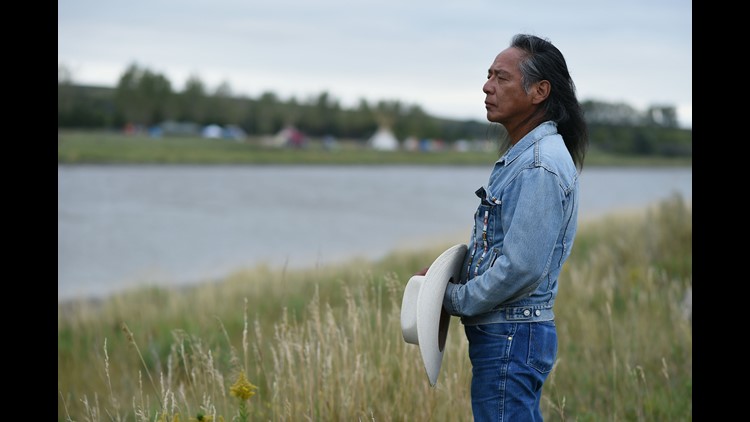A Supreme Court decision this week to allow the implementation of a voter ID law in North Dakota has Democrats fearing some Native Americans would be prohibited from voting.
The law requires voters to provide a form of identification that includes their legal name, current street address and date of birth. The problem, for some Native Americans, is the street address requirement. Native Americans who live on reservations or in rural areas that lack street addresses often instead use P.O. boxes.
Rates of homelessness are also higher among the Native American population. North Dakota’s law allows voters to use other forms of identification, like pay stubs or utility bills.
“Why is it getting harder and harder for Native Americans to vote? This law clearly discriminates against Native Americans in North Dakota,” Standing Rock Chairman Mike Faith said in a press release. “Our voices should be heard and they should be heard fairly at the polls just like all other Americans.”
The court’s decision came as Democratic Sen. Heidi Heitkamp’s Republican challenger, Rep. Kevin Cramer, attempts to put the race away. Polls have shown him with a near double-digit lead. Republicans are also pointing to Heitkamp’s vote against Brett Kavanaugh’s Supreme Court confirmation in an effort to turn out conservative voters in the deep-red state that President Donald Trump won by 36 percentage points in 2016.
The voter ID law was passed after Heitkamp became North Dakota’s only Democratic statewide officeholder in 2012, in part due to support from Native American voters.
Heitkamp’s campaign said it had spent months preparing for the likelihood that the voter ID law would be in place for the general election — making outreach to Native Americans, a key Democratic constituency, a top priority of her field program.
“It’s no secret that North Dakota’s hyper-partisan voter ID laws target and disenfranchise student and Native communities,” Heitkamp communications director Julia Krieger said in a statement. “That’s why our campaign has built among the most robust voter education and outreach programs in the country that will help make sure every North Dakotan has a voice in this election — just like Heidi does every day in the Senate.”
Cramer’s campaign did not respond to requests for comment on the ruling.
Justice Ruth Bader Ginsburg, in a dissent joined by Justice Elena Kagan, warned that the ruling could disenfranchise tens of thousands of voters in a state where the voting-age population is only about 600,000.
She pointed to a district court’s finding that “70,000 North Dakota residents — almost 20% of the turnout in a regular quadrennial election — lack a qualifying ID” and that “approximately 18,000 North Dakota residents also lack supplemental documentation sufficient to permit them to vote without a qualifying ID.”
Because an injunction prohibiting the law’s enforcement was in place during North Dakota’s primary election, the rules will have changed in next month’s general election. “Reasonable voters may well assume that the IDs allowing them to vote in the primary election would remain valid in the general election,” Ginsburg wrote.



